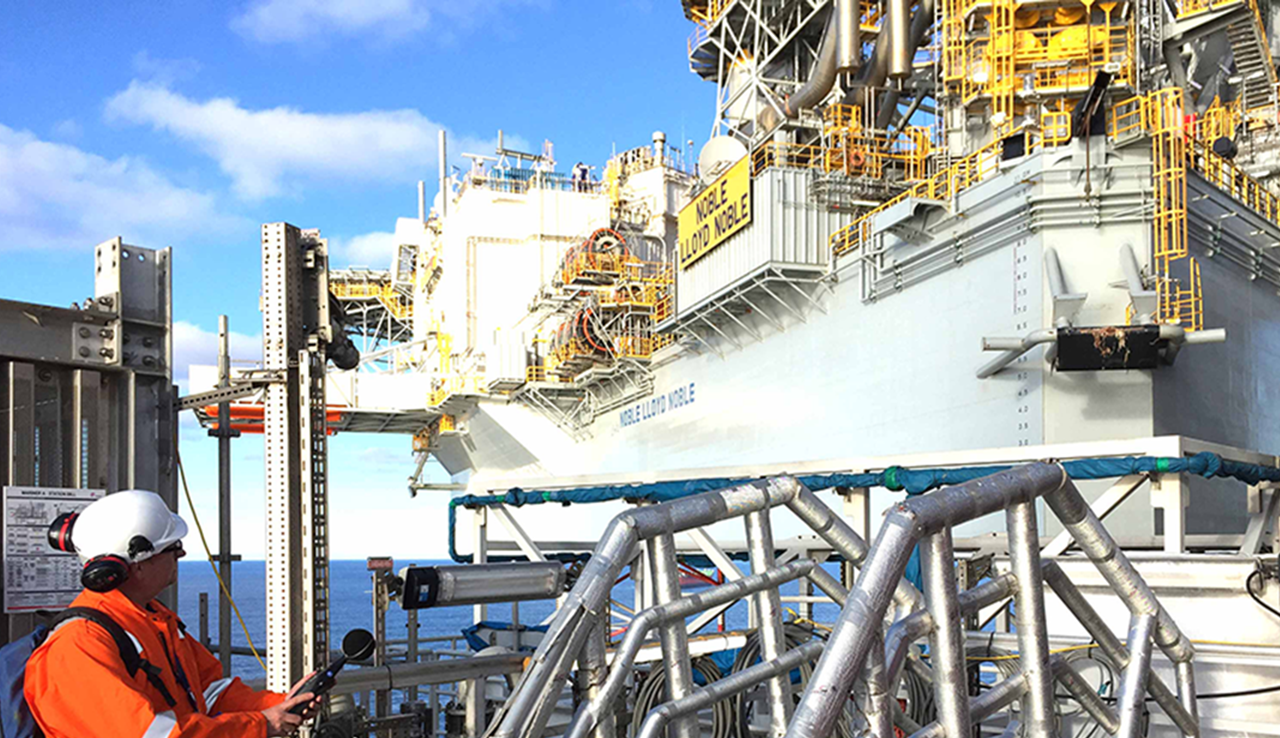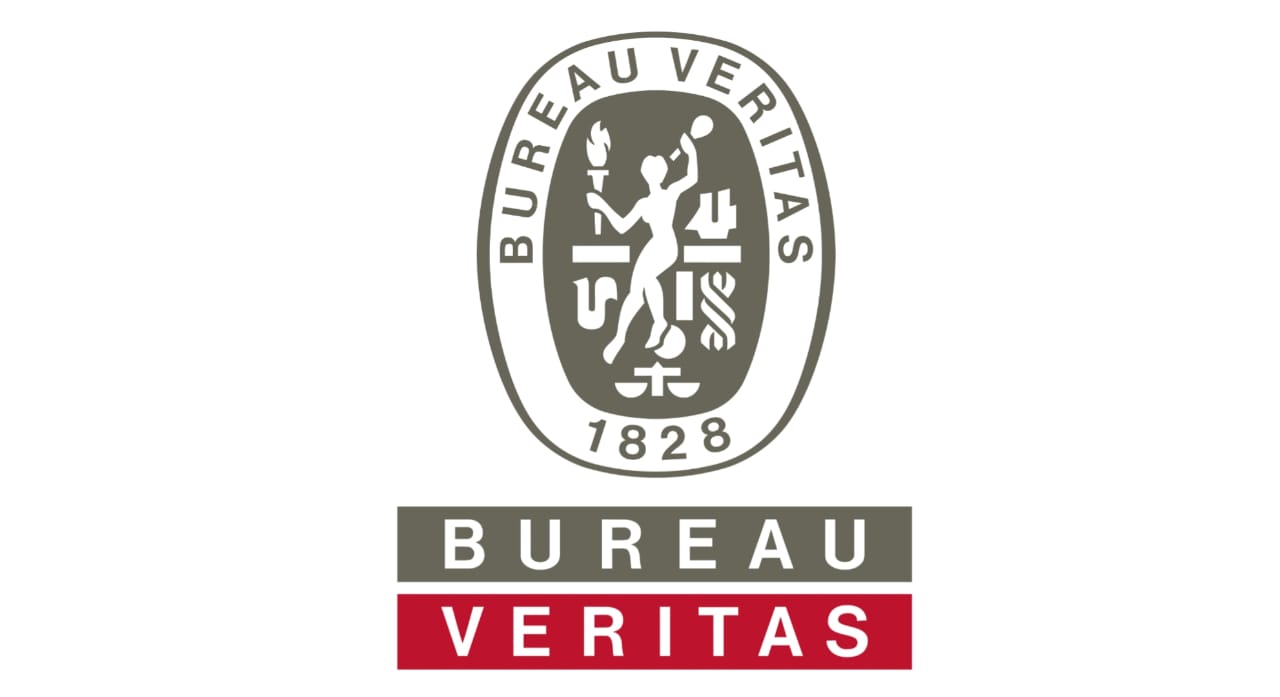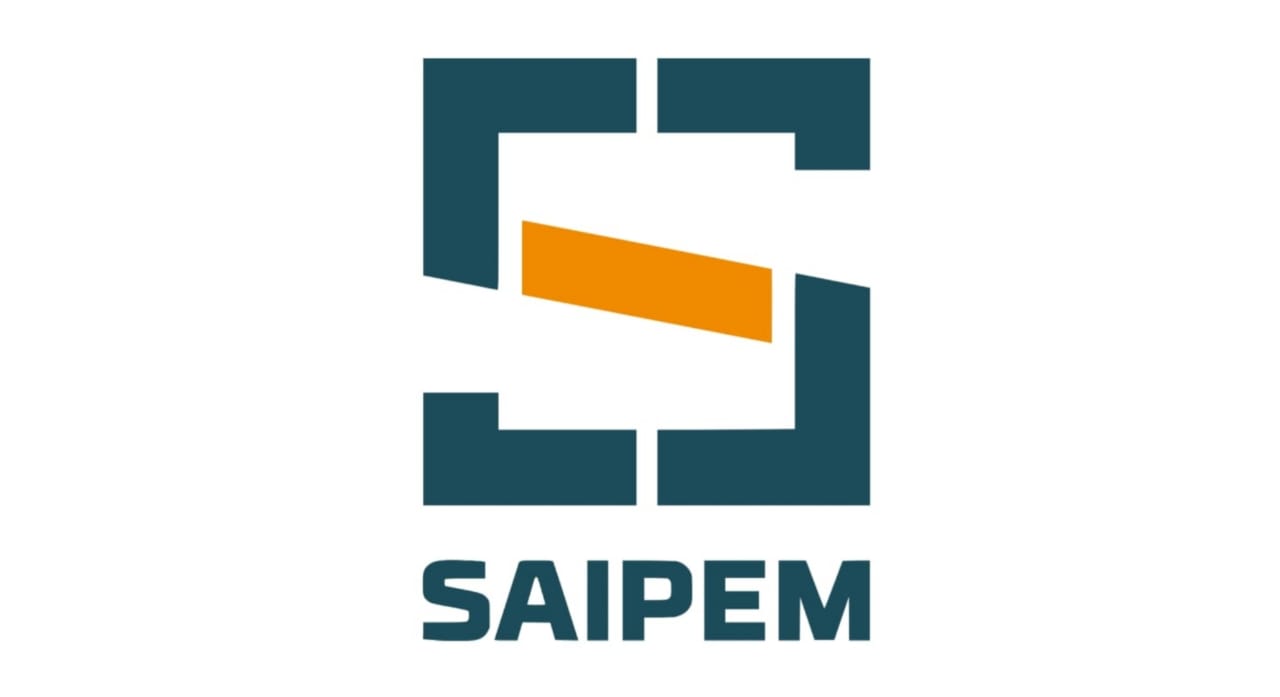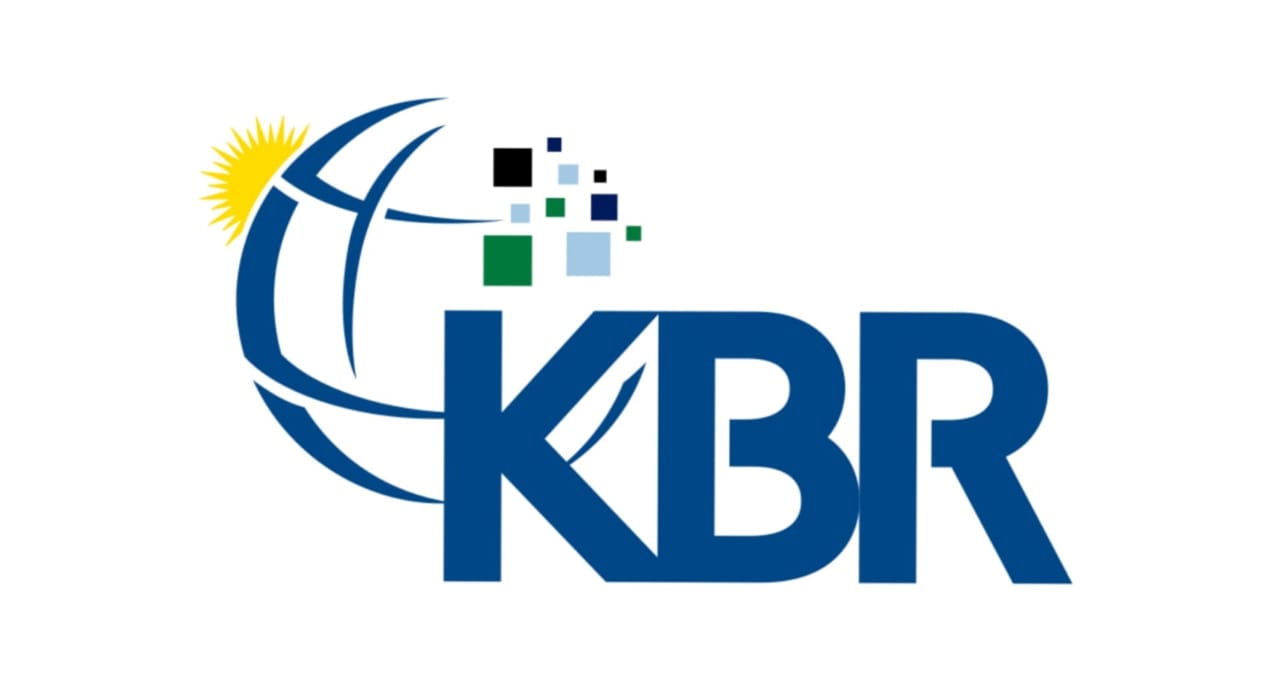Advancing Maritime Safety: The Evolution of Public Address and General Alarm Systems
A Marine Public Address and General Alarm System ensures clear communication and emergency alerts on ships and offshore platforms. It enhances safety by delivering critical announcements and alarms in real time.

Advancing Maritime Safety: The Evolution of Public Address and General Alarm Systems
A Marine Public Address and General Alarm System is an essential communication and safety mechanism used on ships, offshore platforms, and marine facilities to ensure clear, reliable, and immediate dissemination of information in both routine and emergency situations. The system has two primary functions: the Public Address system, which facilitates routine communications and emergency announcements, and the General system, which generates alarms and warnings in response to life-threatening incidents such as fire, flooding, onboard explosions, or abandon-ship scenarios. These systems are designed to provide loud, intelligible, and unmistakable alarms and voice messages that can be heard across all critical areas of a vessel, ensuring that crew members and passengers receive crucial information in real time. systems are typically designed with zoning capabilities, allowing targeted announcements in specific areas such as the engine room, bridge, or accommodation spaces, while also enabling general broadcasts to the entire vessel if necessary. Reliability and redundancy are fundamental to these systems, with backup power sources, fail-safe components, and integrated alarm prioritization ensuring continuous functionality even in extreme conditions. Additionally, modern systems are integrated with other critical safety mechanisms, including fire detection, gas detection, emergency shutdown and muster station systems, to provide a seamless and coordinated emergency response. Compliance with international maritime safety regulations, such as the Safety of Life at Sea Convention, International Maritime Organization guidelines, and classification society standards etc.), is mandatory to ensure these systems meet the highest safety and reliability standards. The effectiveness of a system can significantly impact emergency preparedness and crisis management, making it a vital component of maritime safety. As maritime technology advances, the future of PAGA systems is expected to incorporate smart automation, enhanced digital communication, and real-time monitoring capabilities, further strengthening safety protocols and emergency response efficiency at sea.







